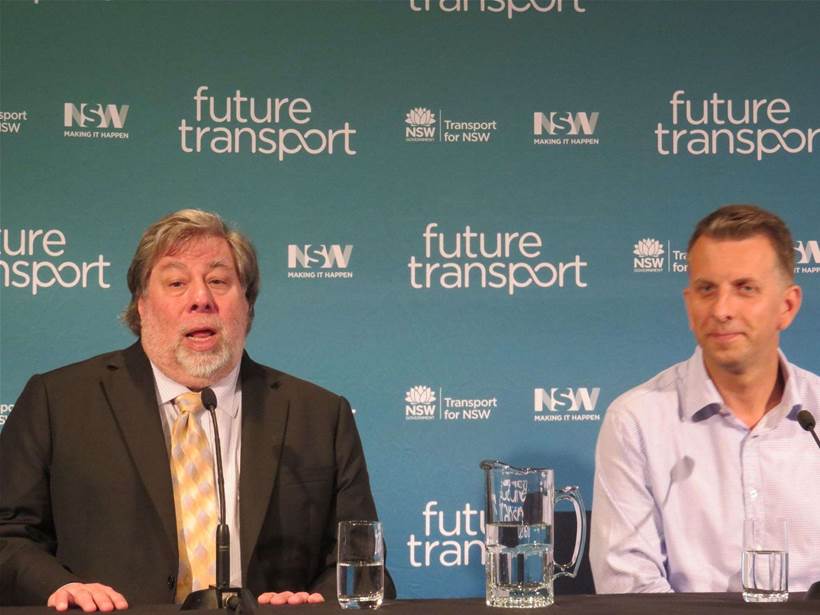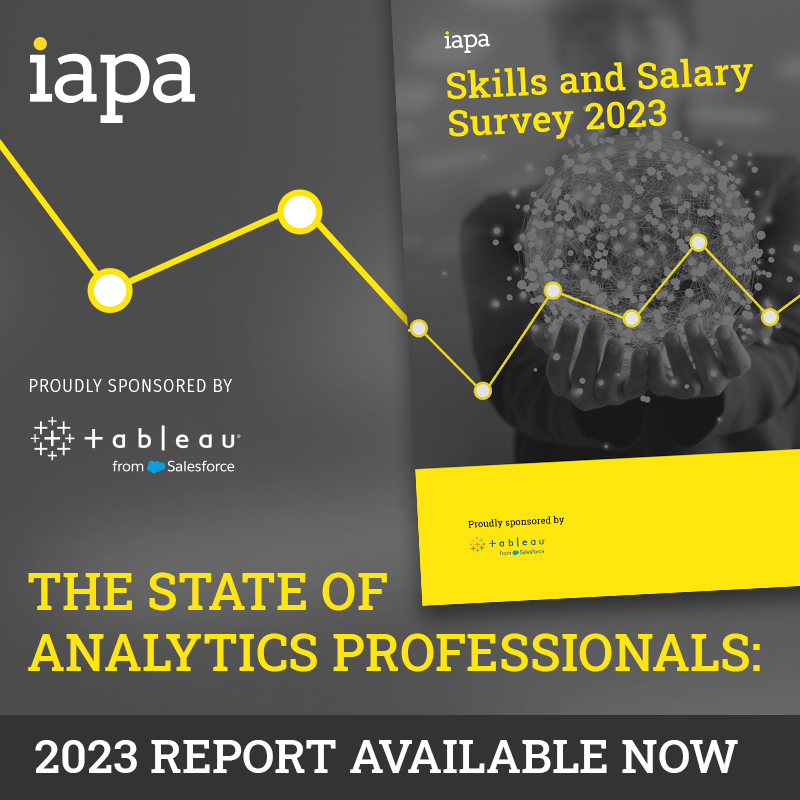The co-founder of Apple Steve Wozniak has dampened expectations on widespread adoption of driverless car technology, saying that standard consumer use of driverless cars is likely 20 or more years away.
Speaking at the NSW Government's Future Transport Summit at the Australian Technology Park in Sydney, Wozniak cited the concept of ownership and sheer size of the 'traditional' car industry as key blockers to adoption of the technology.
"The first use of driverless cars will likely be for transporting goods, rather than people," Wozniak said during a press conference with NSW Transport Minister Andrew Constance.
"There is also the sheer size of the car industry, and the larger something is, the slower it moves".
iPhone security
Following on from a wide ranging Q&A session during the summit, Wozniak faced journalists keen to hear from the respected founder on a wide range of topics.
When pressed about the now infamous San Bernadino iPhone, Wozniak was clear in his position.
"I agree with Apple's side on this," he said.
He cited his role as a founder of the Electronic Frontier Foundation (EFF) and long time supporter of civil liberties as key components for his support of Apple.
"Apple told the FBI that they simply cannot access the data. I don't think I've ever heard a company say that. Many say that they will not, but Apple actually said they simply cannot."
Payment cards on NSW transport
One of the key announcements made at the summit was the future trial of contactless payment card integration with the Opal ticketing system, currently in use across the Transport for NSW Network.
When asked by Information Age about the privacy concerns around using a payment card, as opposed to a stored value card, Wozniak conceded that the Government already has most of the data that would be gathered with such a change, but said that "financial and public transport institutions should say that data should be private...I just don't believe that it's there.
"I wish it were that way. The consumer should be protected first, and we'll need a renaissance one day to bring that thinking back."
Minister Constance pointed to the use of existing anonymised Opal data for planning purposes, and the "very clear requirements around privacy."
"We need to make sure we give people confidence in terms of data usage and the very nature of it. People do have the option to have an unregistered Opal card. To that end it is very much about those guarantees.
"In terms of the financial institutions... we're about making sure that those safeguards are in place. It's about making people's lives easier."
The trial period for use of contactless payment cards on the Opal network will commence in 2017.









